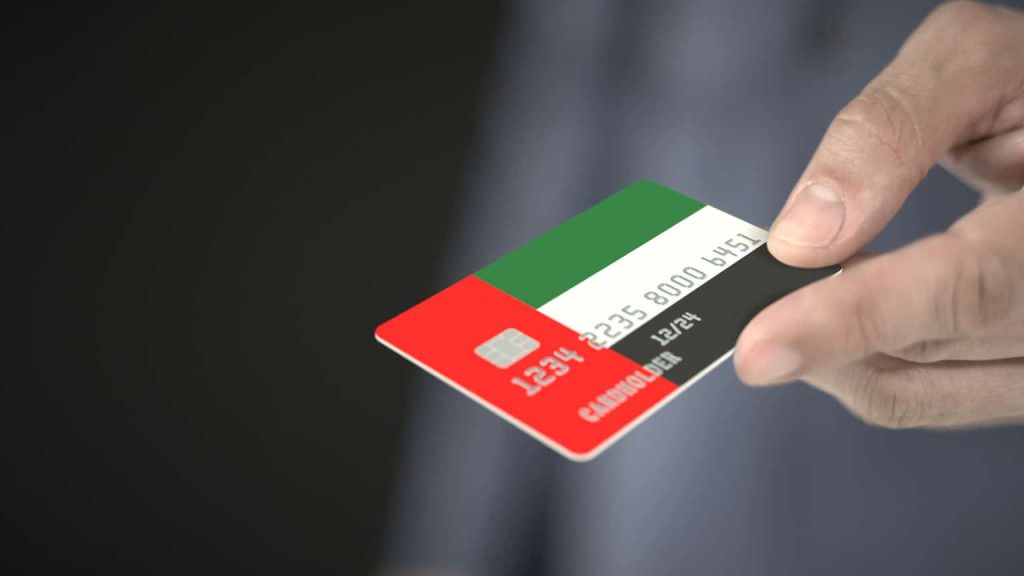The first step in Abu Dhabi is understanding whether you’re a resident, a non-resident, or awaiting your visa. Most banks in the UAE require an Emirates ID and valid residence visa before opening a full account. However, some international banks allow non-resident savings accounts with higher deposit thresholds and limited features. If you’ve just landed and your residency process is ongoing, it may be better to wait until you receive your Emirates ID to avoid complications later on.
Choose between current and savings accounts based on your needs
Banks in Abu Dhabi offer various account types tailored to different user needs. Current accounts are usually linked to salary deposits and come with debit cards and checkbooks. Savings accounts may offer small interest but could limit your number of withdrawals. Some institutions also provide student accounts, joint accounts for married couples, and special investment-linked products. Each of these has unique requirements, so knowing your income source and financial goals will help narrow your options.
Required documents depend on the type of account and bank
Most banks request a basic set of documents: your Emirates ID, passport with residence visa, and proof of address. A tenancy contract, utility bill, or employment letter may also be required. If you’re opening a business account, you’ll need a valid trade license and possibly a Memorandum of Association. Documentation standards are strict, and originals are often mandatory for verification. Having digital copies on your phone won’t help unless you’re asked to email them post-verification.
Bank appointments are still the norm in Abu Dhabi
While mobile apps and online applications exist, account openings generally still happen face-to-face. Many bank branches operate with a queue system, so setting an appointment helps avoid long waits. Some banks, especially those with expat-focused services, provide English-speaking staff and even international desks. In neighborhoods like Al Maryah Island or Al Reem, you’ll find branches tailored to expatriates with streamlined procedures. Bring photocopies of your documents just in case they’re needed during submission.

Non-residents face more restrictions and conditions
If you’re not a UAE resident but wish to open a bank account in Abu Dhabi, your choices are limited. Most non-resident accounts are savings accounts, which typically don’t come with debit cards or checkbooks. Some banks require higher minimum balances to keep the account active. You may also be asked for a bank reference letter from your home country. Verification can take longer, and additional scrutiny is common. If you plan to become a resident, waiting is often more efficient.
Expect compliance questions about the origin of your funds
As part of the UAE’s commitment to anti-money laundering standards, banks will ask you to explain where your funds originate. This is especially true if you’re transferring savings from abroad or opening a business account. A salary certificate, employment contract, or business invoices may be required. Transparency helps your application go through faster, and any ambiguity might delay approval. If you’re receiving money from multiple sources, be ready to detail each one.
Understanding minimum balance rules is crucial
Each bank sets its own minimum balance requirement, especially for current and non-resident accounts. If your balance falls below that amount, a monthly fee might apply. These figures vary, and while we’re not stating exact amounts, it’s good to confirm them upfront. Some accounts, like those tied to regular salary transfers, may offer zero-balance options. Premium accounts with higher thresholds often come with added perks like airport lounge access or international remittance privileges.
Multicurrency accounts are available for global needs
Abu Dhabi banks recognize that many expats earn or spend in multiple currencies. Some banks offer multicurrency accounts, allowing you to hold AED, USD, EUR, or GBP in a single profile. This is especially useful if you’re receiving payments from abroad or sending money back home. Exchange rates and conversion fees will apply, but rates are generally competitive. Business users or freelancers working with international clients may benefit most from this feature.
Digital banking is improving but doesn’t replace in-branch setup
Once your account is opened, banks provide mobile apps with features like fund transfers, bill payments, and international remittances. However, don’t expect to complete the entire onboarding process online. Signature verification and document submission must still happen in person. The UAE’s digital infrastructure is strong, and paperless banking is growing, but first-time account openings still require your physical presence. After setup, your digital banking experience is seamless and modern.
Plan your timing carefully to avoid delays
Opening a bank account in Abu Dhabi can take anywhere from one day to a full week, depending on your documentation and the bank’s internal review process. Around public holidays or during Ramadan, processing may slow down. Begin the process shortly after your Emirates ID is issued. If you’re unsure which bank to choose, colleagues or local forums often provide updated reviews. Preparing your paperwork beforehand will save you unnecessary return visits.
This guide was prepared by www.few.ae team, based on up-to-date, verified information from financial institutions and UAE regulations.
Keywords naturally included: open bank account in Abu Dhabi, Emirates ID, savings account UAE, banking in Abu Dhabi, expat banking UAE, multicurrency account Abu Dhabi, resident vs non-resident banking UAE.
